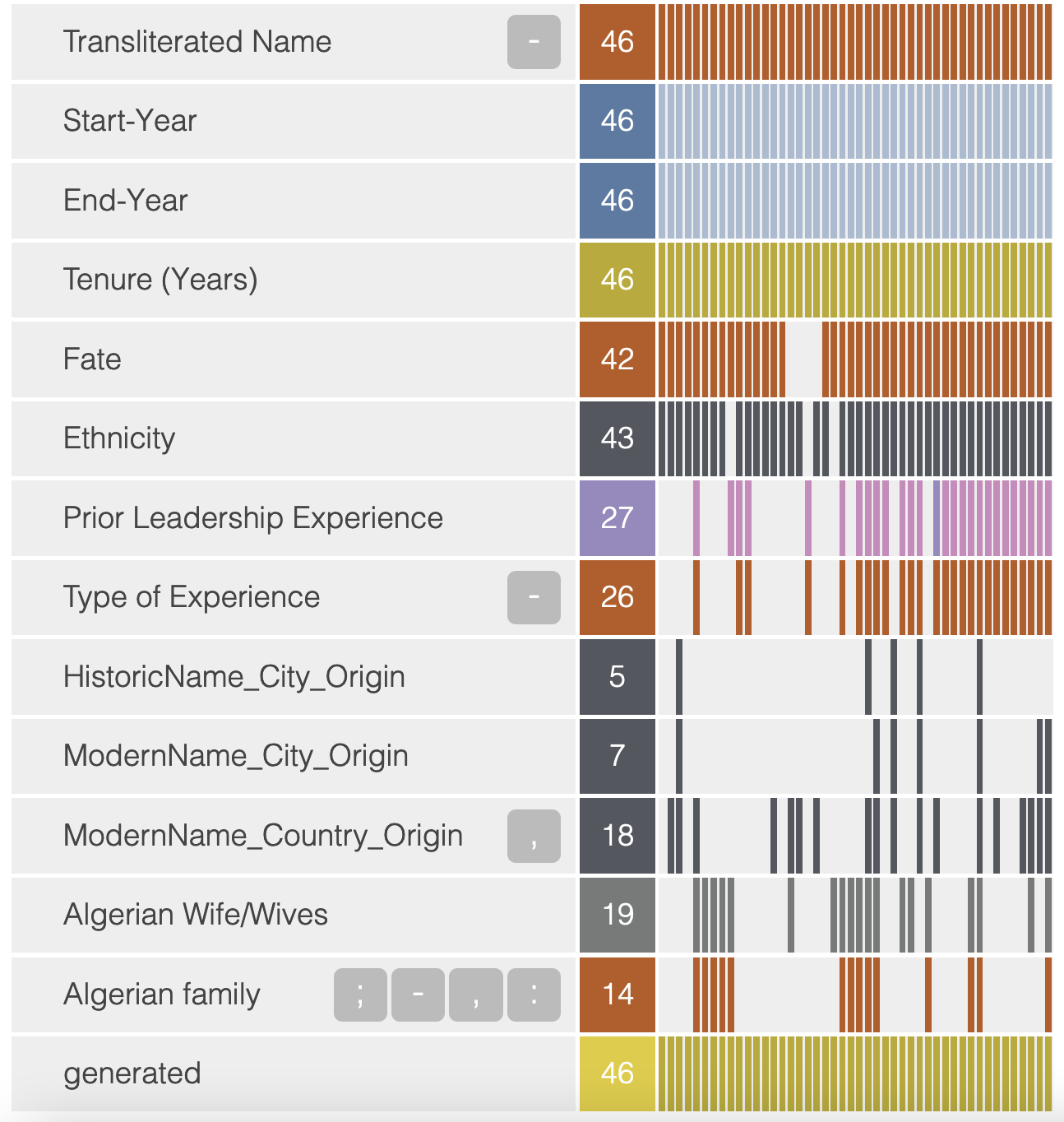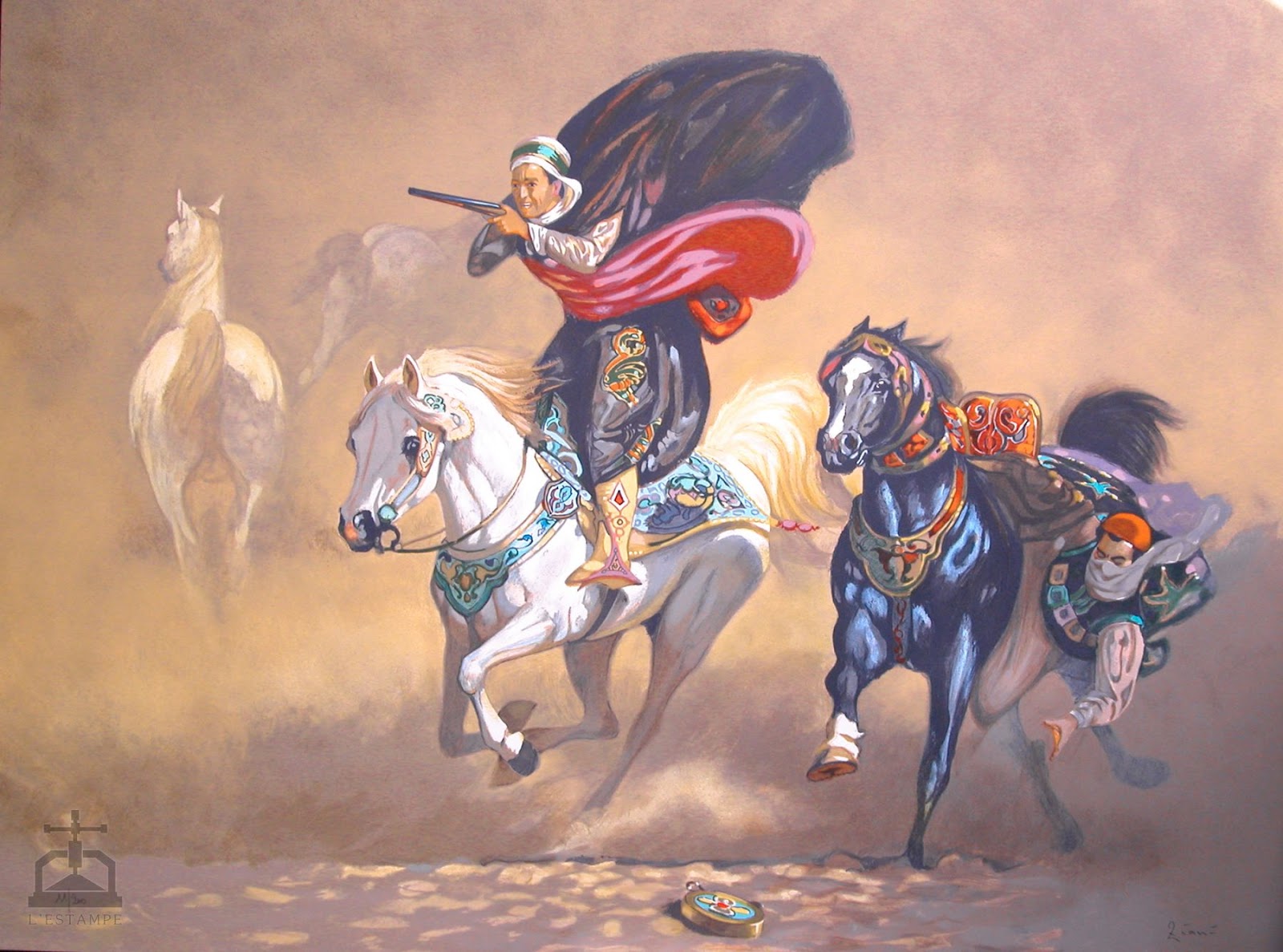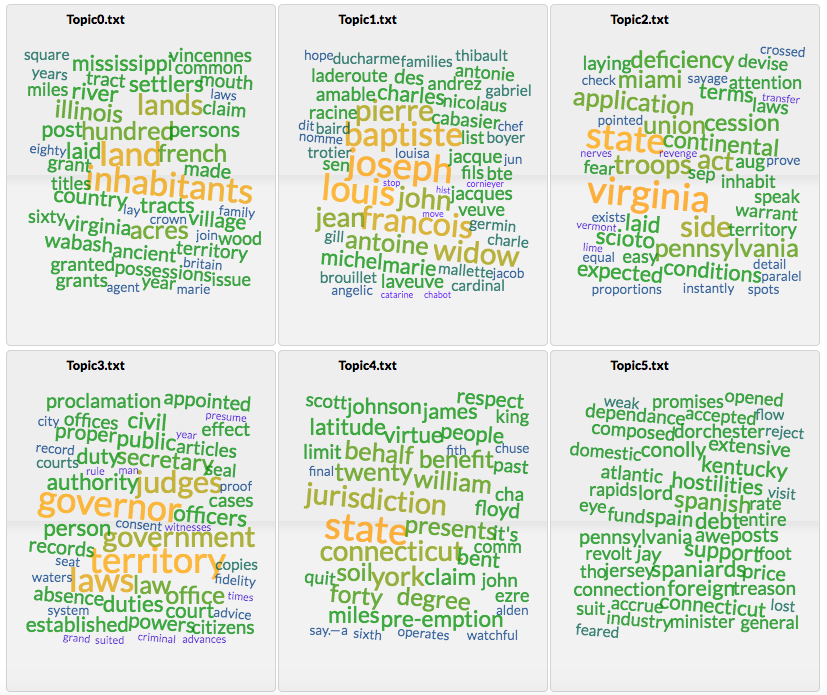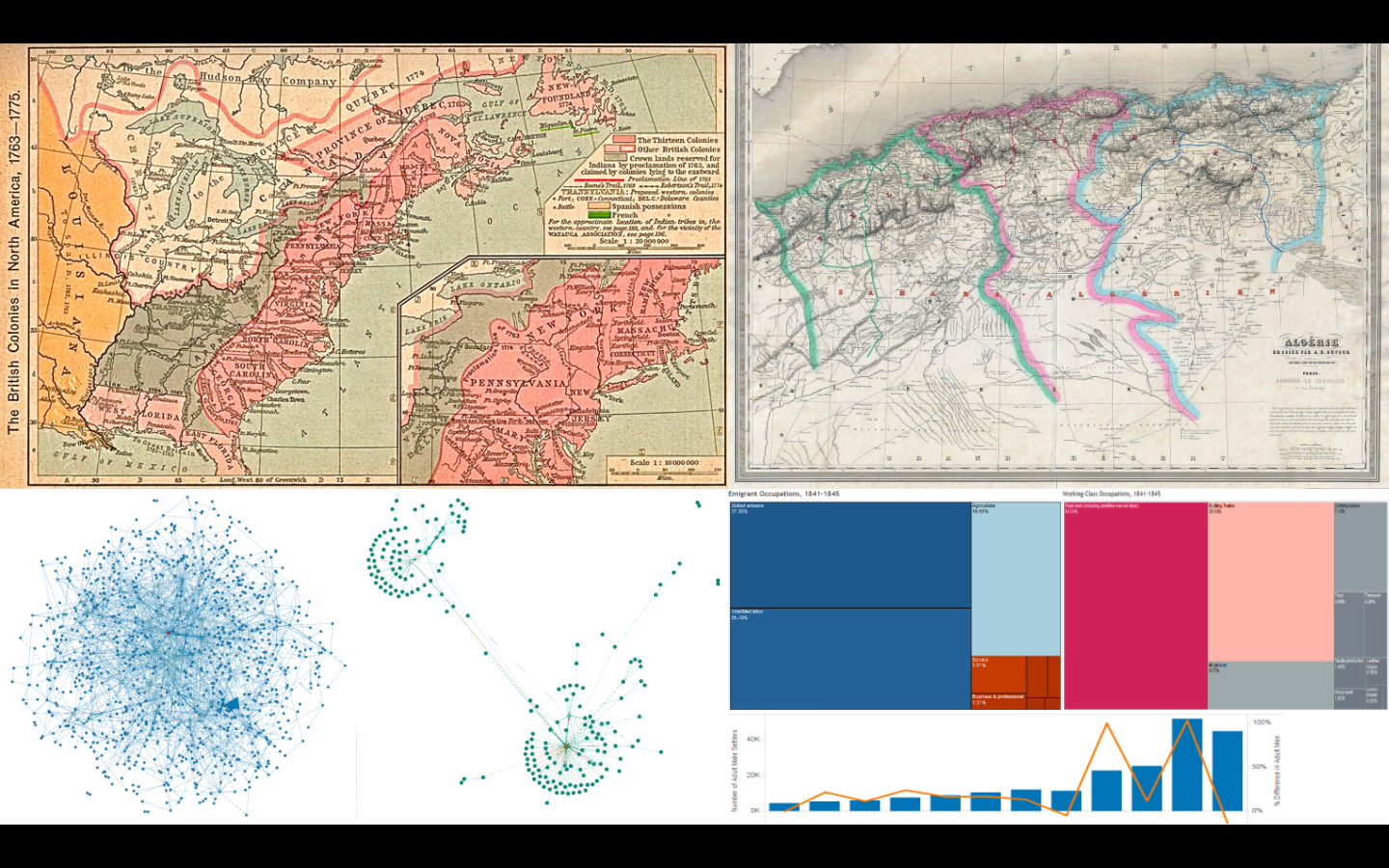Presented at the Association for Computers and the Humanities Conference, 29 June – 1 July 2023, Online. Abstract: Over the past three years, the number of mental health, housing, food, and health-related challenges increased dramatically among students in response to overlapping and intersecting crises in the United States and abroad.…
Category: Digital Humanities
Detecting Latent Textual Bias with Topic Modeling and Sentiment Analysis (DH 2022)
Posted in Digital Humanities, News and Notes, and Percolating Ideas
Presented at the Alliance of Digital Humanities Organizations annual conference, 2022, Online. Abstract Bias detection is an emerging area of research for digital humanists, computational linguists, and information studies scholars, alike, who point to biases inherent in our algorithms, software, tools, and platforms, but we are only just beginning to…
Can Data Silences Speak?
Posted in Digital Humanities, News and Notes, Percolating Ideas, and Research
Visualizing data absences prompts us to ask, Can the silences in the data speak? And if so, what do they say? How do silences in the data inform our understanding of the past and its representations? Can silences also inform the construction of an ontology?
With support from UCLA’s DH Research Accelerator Program, this project will use text analysis methods, including topic modeling, collocation and sentiment analysis, as well as experimental methods to examine the complex relations between Indigenous peoples, settlers, military leaders, and metropolitan officials to understand how American settler colonialism developed between 1776…
From the Margins to the Center: A Method to Mine and Model Complex Relational Data from French Language Historical Texts
Posted in Digital Humanities, News and Notes, Percolating Ideas, and Research
Presentation for the Alliance of Digital Humanities Organizations Annual Conference (9-12 July 2019, Utrecht, Netherlands) Long Abstract In humanistic research, Named Entity Recognition is highly useful, but it mines surface data, rather than revealing the complex nature of relationships between these entities. Named Entity Recognition (NER) extracts the names of…
HASTAC 2019: Silent No More – Using Text Mining and Social Networks to Decolonize the History of Algerian Women
Posted in Digital Humanities, and Research
This project seeks to decolonize knowledge about Algeria, as well as the archive by repurposing digital tools to surface the most marginalized voices and experiences. In combination, text mining, close reading, and network analysis enable us to uncover the untold stories of both exceptional and ordinary women who lived between 1567 and 1837, the period in which this region was an Ottoman territory.
Topic Modeling 18th Century American Correspondence
Posted in Digital Humanities, and Percolating Ideas
This is a lightning talk of ongoing research, given at the 2018 American Historical Association meeting on January 4, 2018. I’ve revised the text of the talk to provide more details about this project below. Initially, this talk was entitled, “Text Mining 18th Century American Correspondence,” but I began my…
Visualizing the Birth of Settler Colonial Empires with Multimodal Digital Historical Research Methods
Posted in Digital Humanities, News and Notes, Percolating Ideas, and Research
Slides Long Abstract Digital historical research methods have transformed my understanding of primary source materials with which I am already deeply familiar. As the Director of the Digital Research Studio at the Claremont Colleges, I employ computational methods, such as text analysis and data visualization, to interrogate historical sources in…
Visualizing the Birth of Settler Colonial Empires Using Multimodal Digital Historical Research Methods
Posted in Digital Humanities, and Percolating Ideas
Presentation Video: If the video in the embedded webpage does not open, click the link above to visit the page with the recorded presentation directly. Slides
History of the Old Northwest
Posted in Digital Humanities, and Percolating Ideas
A work-in-progress timeline by DGHM 150: Digital Humanities Studio students to make sense of the complicated history of what is now the American Midwest from 1754 to 1795:



